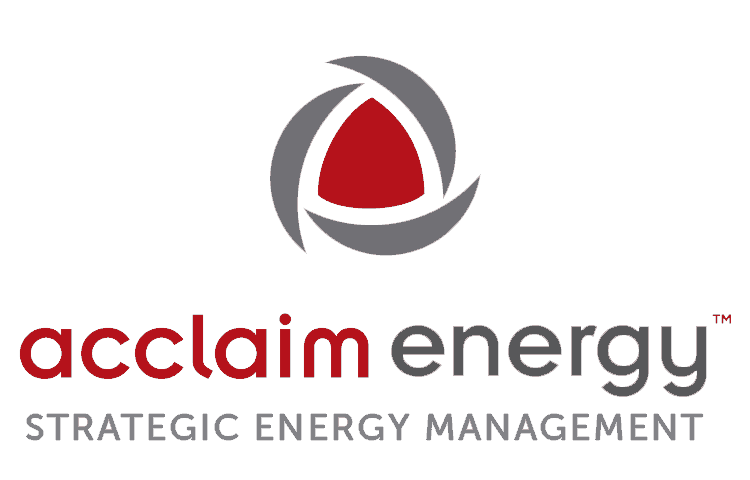What corporate Environmental, Social and Governance (ESG) policies really mean and why is it critical in 2021?

Companies across all industries are serious implementing and adhering to Environment, Social and Governance (ESG) policies. Are you? These policies consider the environmental and social impact that a company’s activities can cause and how to mitigate them, as well as the internal procedures, practices, and controls to make effective decisions to comply with the law. The failure to implement effective ESG policies is having a profound effect on how companies operate, are being financed and evaluated by investors, clients, and suppliers.
Currently stakeholder groups are looking to work for, buy from and invest in those organizations with strong ESG programs and leaders who are doing all they can to operate as efficiently and effectively when it comes to energy and environment.
A common misconception about ESG is that the major focus is on reducing carbon emissions. This is far from the truth because having the correct ESG policies and the implementation leads to:
- Top-line growth
- Cost reductions
- Reduction in regulatory and legal interventions, e.g. faster approval of government permitting, etc.
- Employee productivity, improved morale, and the ability to recruit top employees
- Optimization of investment decisions; and
- Better access to financing A successful and robust ESG program is increasingly becoming a competitive differentiator
Many companies are struggling to define and implement a proper ESG program and many others need to refine theirs to gain that competitive edge. These companies face an increasing pressure to close this gap and are urged to take the necessary steps, to implement or create a strong ESG framework asap.
There are three main obstacles to implement and create a robust ESG.
The first obstacle is the lack of a cohesive enterprise risk management (ERM) framework which helps to identify,
measure, and monitor your company’s main risks.
The complexity of doing businesses requires the establishment of a strong ERM framework with ESG being an integral part of this framework.
This will allow C-level management to identify the main risks faced by their corporation and strategize; accordingly, for example, financial impact for not increasing energy supply from renewable or clean sources.
The second obstacle is the perception that ESG is considered by many as a cost rather than an investment. In the past, many companies have regarded the implementation of technologies and changes in processes and procedures to reduce their carbon footprint and waste reduction as an additional cost that make their products more expensive and less competitive. This has turned out to be a short-sighted perception, because the medium-and long-term benefits of the implementation of these technologies has proven too far outweigh the initial investment.
The third and final obstacle is the communication and information gap to measure how effective ESG really is. There is no real standard on how to measure ESG and companies are finding it difficult to convey how effective their ESG initiatives are to investors and stakeholders.
The European Union (EU) has proposed a benchmarking to help companies, investors, and social organizations to measure the effectiveness of ESG. However, some may find these standards cumbersome and difficult to implement. In any case, there are some alternatives to measure the effectiveness of ESG until other approaches are devised and widely approved.
What can a company do to improve their ESG?
Appropriate resources dedicated to creating an ERM framework and dedicating significant attention to how ESG factors impact your business. Successful organizations are integrating values, goals, and metrics around ESG into their business strategies to mitigate risks.
Another step is to obtain the C-level understanding and buy-in to have a proper ESG program implemented. As shared, companies are required to do more on ESG at all levels. For example, employee efforts on helping the community are not enough and investors and stakeholders are demanding more aggressive carbon neutral initiatives and trying to impact the financing of coal and oil companies.
In this context, Acclaim Energy is well positioned to help companies on the ESG front and is currently helping many Mexican companies to do so by:
- Defining and implementing a robust ERM which considers our clients’ activities, risk profile and appetite, and strategies
- Identifying ESG objectives in line with strategy and creating a framework to measure its effectiveness
- Helping design an internal and external communication strategy around ESG practices to promote what is being done to be socially responsible.
The bottom line is that ESG is a growing concern for all business stakeholders and it is imperative to develop a program that is supported from the top down, just like any other critical business issue.
Sustainability is no longer optional, but imperative if you want to be considered a market leader, a responsible corporate citizen, a good investment and a respected business by customers and civic leaders. Regardless of where you are on this journey, it is not to late begin. The risk reward is more than worth it.
For a deeper appreciation of where you are and what you can do in a timely and disciplined manner, give us a call, as we are here to help.
edge you need to recapture your momentum in 2020.




